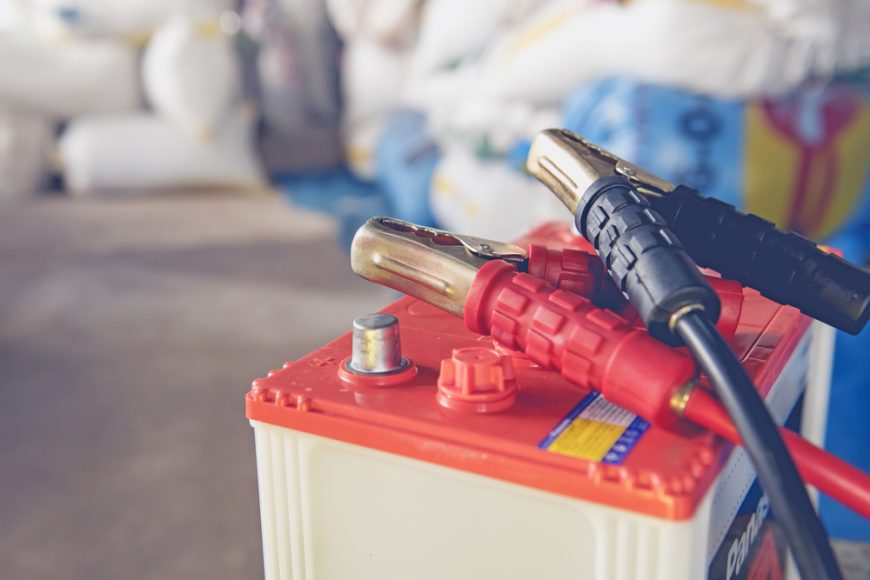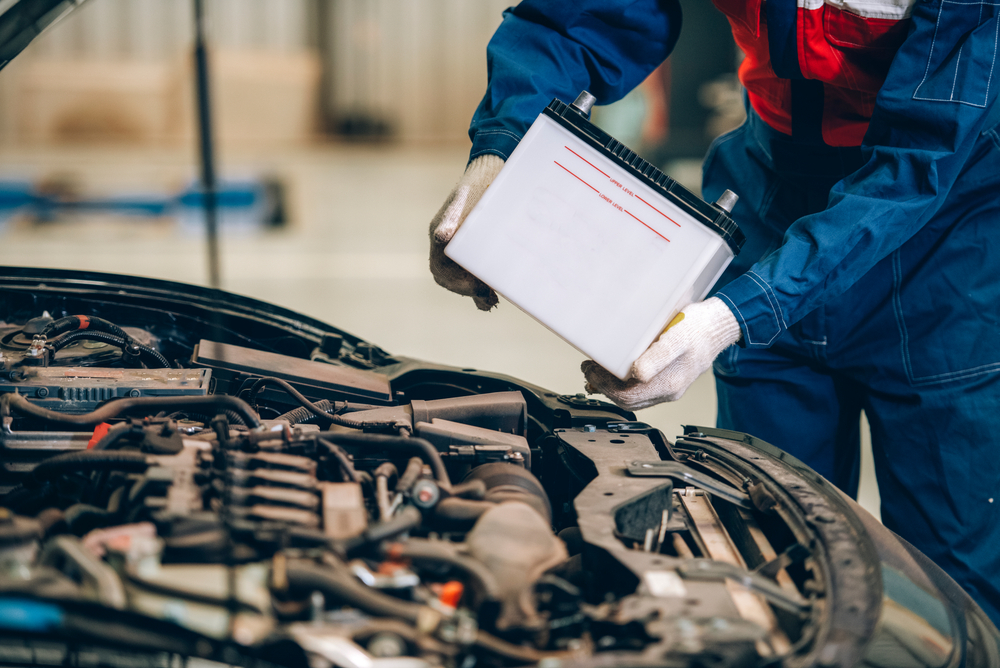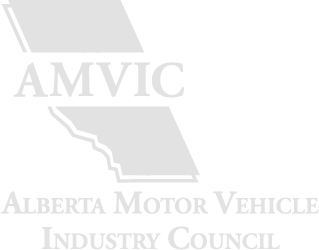- February 15, 2021
- By Park Muffler
- In Blog, Vehicle Batteries
10 Important Things to Know About Your Car Battery

Your car battery is an integral part of your vehicle’s operation.
When it dies, you are left with an unusable hunk of metal until you can get it recharged – and no one wants to be left in that situation.
To better care for your car battery, here are some important things you should know about its lifespan, operation and maintenance:
1. Weather Can Affect Your Car Battery
Car batteries use a liquid solution in order to stay charged. This means that weather can affect how much power your battery retains.
Hot water can cause this solution to evaporate. Luckily, it takes extremely cold temperatures to cause the solution to freeze.
However, car batteries still don’t like the cold and even a fully-charged battery won’t operate at 100% if the temperatures get cold enough.
To keep your battery from being affected by cold weather, considering purchasing a battery warmer or avoid short drives. A 10-20 minute drive is long enough to warm the battery and keep the solution moving.
2. Your Battery Should Be Checked During Regular Maintenance
Whenever you take your vehicle in for regular maintenance, have your mechanic check the battery’s voltage system.
Even if you don’t suspect a problem with your battery, having it checked will help to catch any problems before they leave you stranded with a dead battery and a car that won’t start.
You should aim to have your battery checked at least twice a year – preferably right before summer and winter to ensure your battery is ready for the changes in temperature.
3. Your Car Battery Needs Water to Operate
Your car battery contains water in order to prevent sulfate from building up on the electrodes. You’ll know it’s time to refill the car battery water when you catch a whiff of rotten eggs coming from under your hood.
Be careful, however, since regular tap water is not recommended for refilling the battery.
You may notice a difference in your battery’s performance, but regular tap water contains impurities that can damage the battery’s cell.s
If you need to refill your battery with water, stick to demineralized or deionized water.
4. You Can Clean Corroded Batteries with Baking Soda
You can extend the life of your car battery with a little DIY maintenance, including using baking soda to clean off corrosion.
Corrosion will prevent your battery from working overtime and the moisture on the corrosion can cause a short circuit between the battery poles, preventing your car from starting.
To clear out any corrosion, mix one tablespoon of baking soda with one cup of water and use a strong brush to scrub away the corrosion.
5. Car Batteries Last for About 3-5 Years
Depending on your driving habits and weather conditions, car batteries can last for 3-5 years.
Once your battery reaches three years, it’s time to have it regularly checked to ensure that it is still in working condition and won’t die unexpectedly.
This is especially important if you live in extreme climates or tend to only make short, frequent trips.
Your car battery is constantly being recharged when your car is running so if you tend to only drive it for less than 20 minutes at a time, your battery is less able to recharge fully – which can affect how long it lasts.
6. Batteries Can Swell – And It’s Dangerous!
Swollen batteries are usually caused by overcharging or overheating. If you notice that your car battery is swollen, do not drive it!
The acid inside of a swollen battery could explode with a lot of force, causing damage to vital engine components, the vehicle’s frame and possibly you.
If your battery is swollen, have it removed and replaced by a mechanic as soon as possible. Because swelling can be caused by overcharging, it’s possible that an issue lies with the alternator, which should be checked as well
7. Car Batteries Can’t Be Disposed of in the Garbage
When it’s time to dispose of an old battery, the last thing you should do is throw it in the garbage.
Car batteries contain chemicals that make them toxic so they cannot be disposed of with regular waste.
Typically, your mechanic will take care of the old battery when installing the new one. If you are replacing the battery yourself, check with your local municipality or government to see what kind of battery disposal services they offer.
8. The Order in Which You Connect and Disconnect Charging Cables is Important
Every now and then your car battery may need a little boost from another vehicle, which is a pretty straightforward task involving charging cables.
However, the order in which you disconnect and connect those cables is very important.
You should always connect the negative cable last and disconnect it first. This cable is connected to a ground point away from the battery (such as the bold on the engine) to prevent sparks and short circuits.
9. Your Car Battery and Alternator Don’t Do the Same Job
The alternator and battery are parts of your car’s charging system but they do very different jobs.
The battery is designed to send an electrical charge through the starting system to get your vehicle going. As you drive, the alternator keeps the battery charged.
This is an important distinction to make, especially when your car won’t start. If it’s an issue with the battery, a jump start will do the trick. If not, the issue could lie with your alternator.
10. Your Battery Can Die if You Don’t Drive Your Car
Most car batteries will last at least two weeks without being charged. So, if you intend on not driving your car for longer than that, you’ll want to make sure you start it up once a week to recharge the battery.
Keep in mind that the more times you need to recharge a battery that is completely dead, the more wear and tear you put on your car battery.
Is Your Battery in Good Shape?
Let us take a look! Our expert technicians at Park Muffler are more than happy to inspect your battery and ensure that it lives up to its lifespan.
© Park Muffler - All Rights Reserved.


